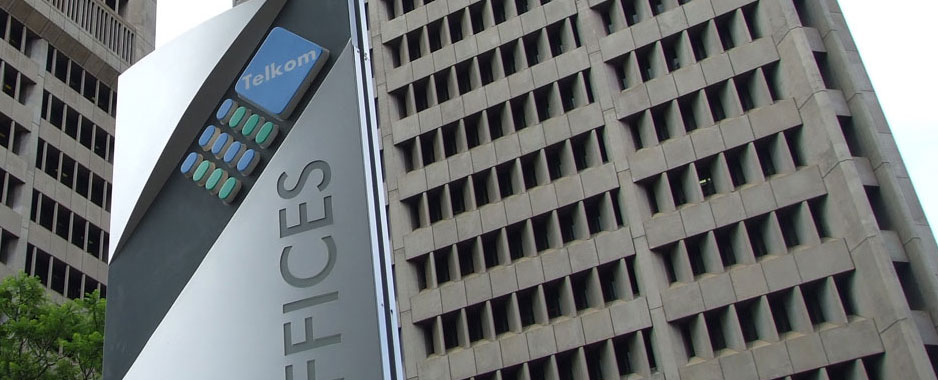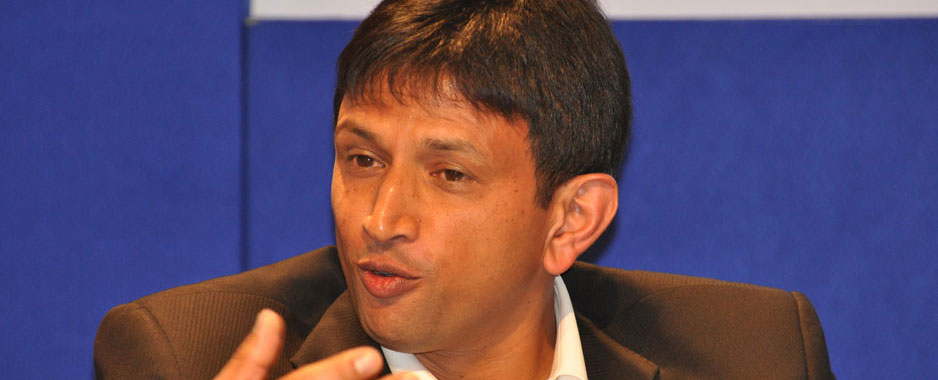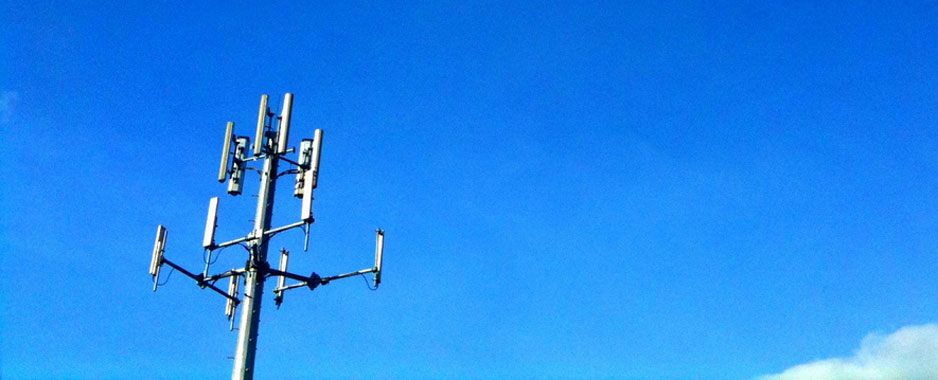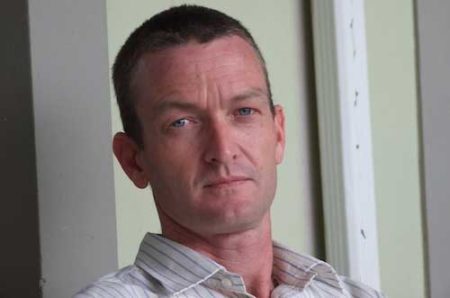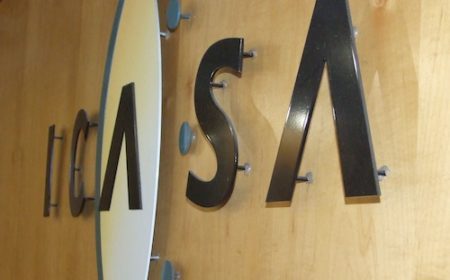There is growing mystery surrounding telecommunications regulator Icasa’s plan to begin cracking open Telkom’s copper access network into homes and businesses to the fixed-line operator’s competitors. TechCentral has learnt that there
Browsing: Dominic Cull
Not only is Telkom appealing against the Competition Tribunal’s ruling that found the fixed-line operator guilty of anticompetitive behaviour, but now the Competition Commission has filed “cross appeal” against sections of the tribunal’s findings and wants Telkom to face a higher penalty than the R449m the tribunal imposed on
The Internet Service Providers’ Association (Ispa) has called on Telkom to allow service providers other than TelkomInternet to participate in its trial to test digital subscriber line (DSL) services of 20Mbit/s and 40Mbit/s. The trial started on 3 September and is scheduled to run until 31 January. Telkom is a wholesale
Internet service providers could be forced to monitor traffic on their networks to ensure their users aren’t infringing copyright and suspend those who are. This is contained in proposals put forward by the Copyright Review Commission. Service providers, telecommunications operators and other online
Government plans to establish a Broadband Inter-Governmental Implementation Committee to oversee and coordinate SA’s national broadband strategy and implementation. Government has said it wants to achieve universal broadband access in SA by 2020. The proposed committee will be tasked
Government wants universal access to broadband in SA by 2030 and part of this requires connecting SA schools. The Electronic Communications Amendment Bill, published late last week for comment, reexamines the controversial e-rate, in terms of which educational institutions benefit from
The Internet Service Providers’ Association (Ispa) is pressing communications minister Dina Pule to finalise her policy directions on high-demand radio frequency spectrum, including the “digital dividend” band that will be freed up when SA’s broadcasters move from analogue to digital terrestrial television
The Independent Communications Authority of SA (Icasa) is seeking court protection in the wake of news that an unnamed telecommunications operator wants to pay the revised radio frequency spectrum fees that were meant to come into effect on 1 April 2011 but which were instead deferred until this year. Until April 2012, Icasa was
The Independent Communications Authority of SA has been lauded by the Internet Service Providers’ Association (Ispa) for its new regulatory framework governing the licence fees for radio frequency spectrum, which comes into force on 1 April. Ispa regulatory affairs director
The Independent Communications Authority of SA (Icasa) will next Wednesday publish the framework in terms of which local-loop unbundling will take place. It will be published in the Government Gazette on 30 November. Publication of the document will precede



